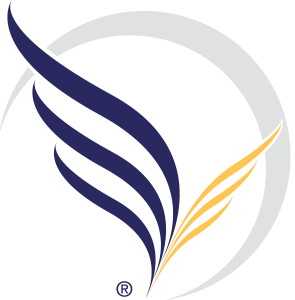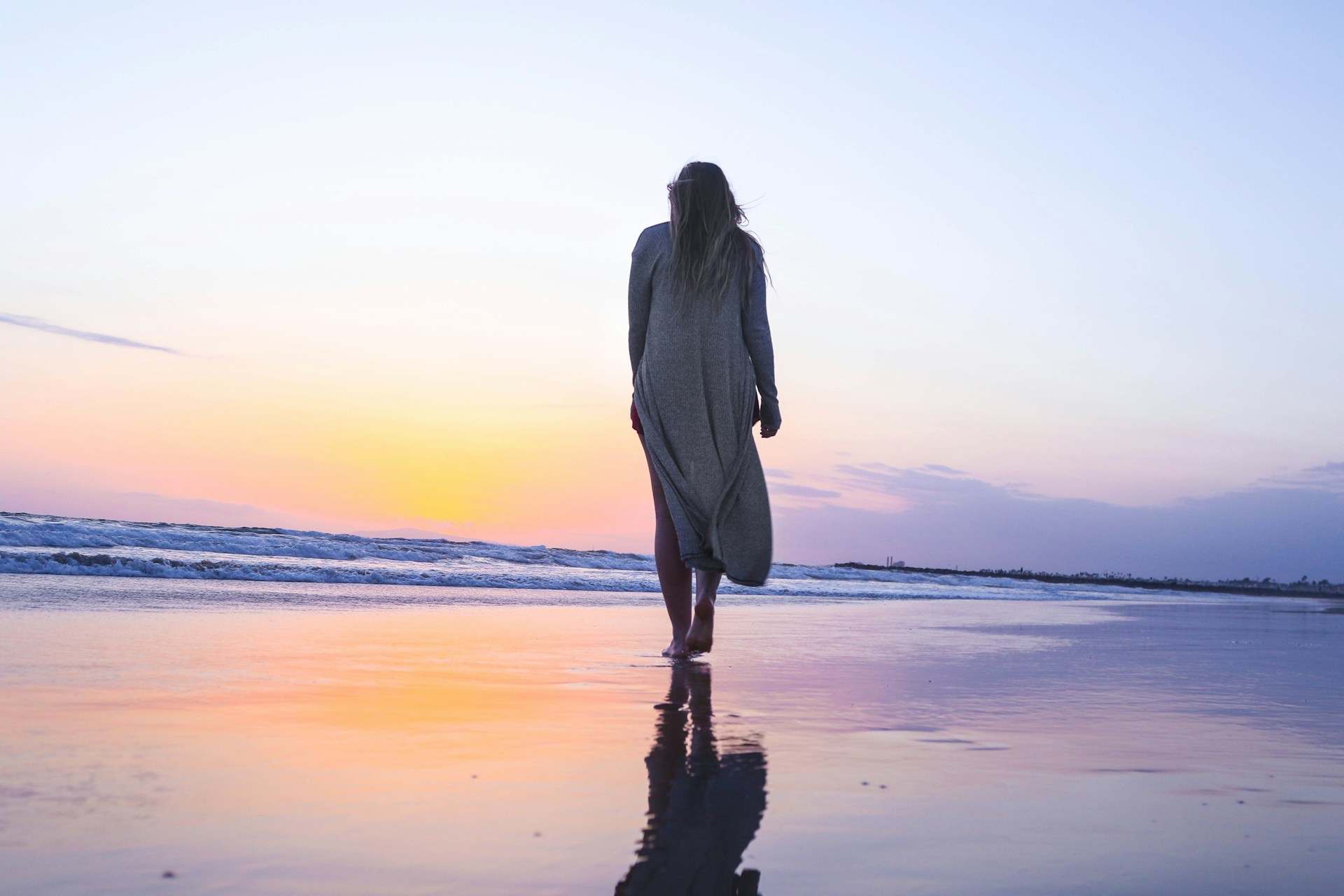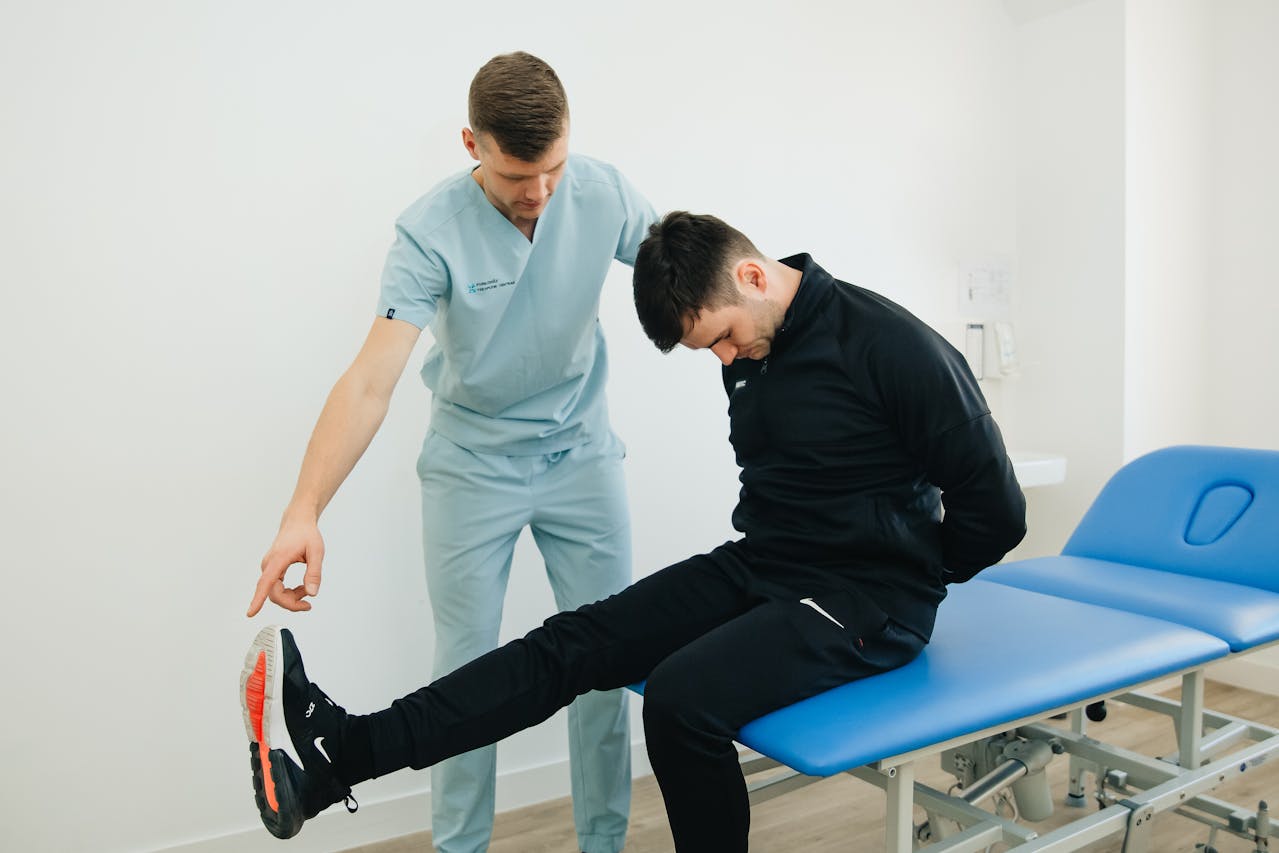#1 “I have not put on a pair of shorts in years.”
The number one thing that you tell us is that you have not put on a pair of shorts in years. Most of you don’t even own any. When you live in a temperate climate like the southeastern US at least half of the year is summer time and spring and fall only last a few weeks or weeks. Winters are for the most part short and mild compared to the long days of summer with highs in the high 90’s and 100’s and a heat index of over 110.
As you struggle to consequences of vein disease your wardrobe can be critical in dealing with the heat index. I can only imagine how you feel if you can’t bring yourself to wear shorts. One of our recent patients who had terrible varicose veins reminds me every time I see him that for the first time in over 20 years he feels comfortable to wear shorts on the golf course.
Though it is natural to do so don’t blame yourself if you have bad veins. It is important to understand that it is not your fault that you have vein disease. You may have inherited them–they tend to run in families. Second if you have children the risk of vein disease increases with each pregnancy. And finally if you have a job with a lot of sitting or standing your occupation may contribute to your vein problems.
If there were things you could do for your bad veins would you consider them? Well I have great news there are things you can do to help yourself and there are things we can to help you. These things include: regular exercise, elevation of your legs when you get a chance to rest, wearing compression socks when up on your feet and maintaining a healthy weight. Oh, if you like to wear high heels save them for special occasions since regular use affects the venous blood flow and can make your veins worse.
Despite these ‘conservative’ measures your veins will get worse over time without some corrective measures. With this thought in mind you definitely want to seek treatment to prevent the cascade of symptoms referred to as Chronic Venous Insufficiency (CVI) including: swelling, skin discoloration and ulcers.
Your phlebologist (physician who specializes in the treatment of varicose and spider veins) can evaluate your legs with a simple office visit and ultrasound and help you understand your treatment options. The American College of Phlebology and the American Venous Forum promote research in the diagnosis and treatment of varicose and spider veins.
So not only is vein disease embarrassing, it may cause pain. The good news is that there are new minimally invasive procedures for correction of varicose and spider veins.
If you have the symptoms of varicose veins or vein disease don’t let them keep you from a good night’s sleep.
Call your phlebologist for an appointment to determine if you have vein disease and what can be done to treat it.
If You Live in GA Call (800) 764-3280 to get Help!









